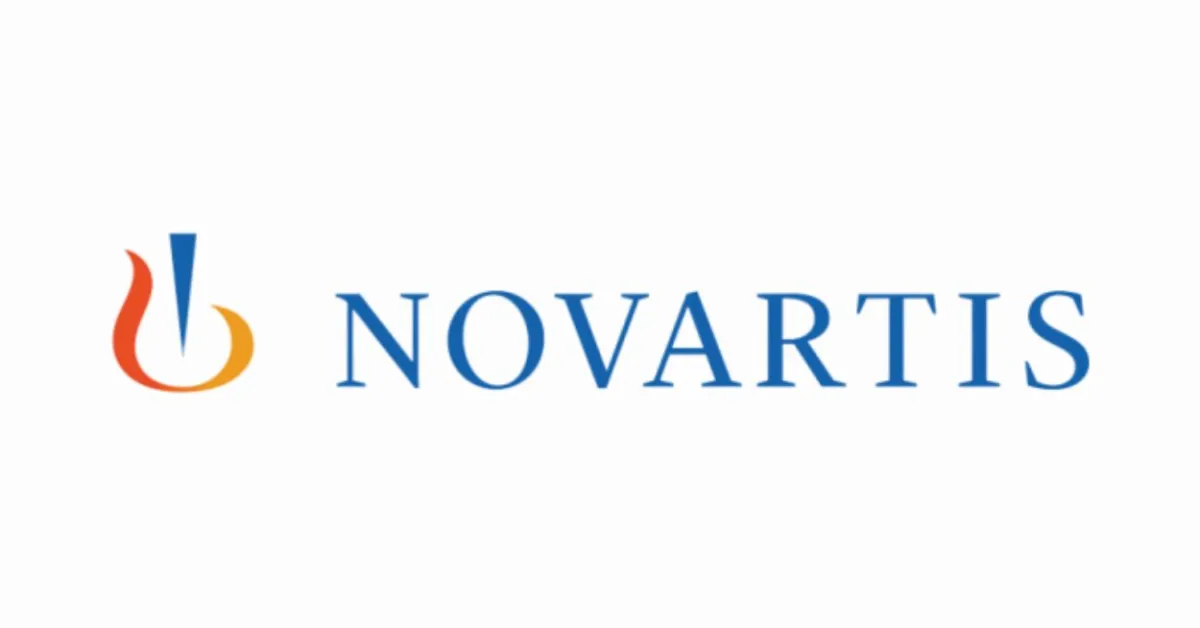Novartis announced that the U.S. Food and Drug Administration (FDA) approved Lutathera® (USAN: lutetium Lu 177 dotatate / INN: lutetium (177Lu) oxodotreotide) for the treatment of pediatric patients 12 years and older with somatostatin receptor-positive (SSTR+) gastroenteropancreatic neuroendocrine tumors (GEP-NETs), including foregut, midgut, and hindgut NETs. This approval makes Lutathera the first therapy specifically reviewed and approved for use in pediatric patients with GEP-NETs.
“Lutathera is now the very first therapy approved specifically for children with GEP-NETs, offering new hope to young patients living with this rare cancer,” said Tina Deignan, Therapeutic Area Head, Oncology US. “Radioligand therapies have extraordinary potential to shape the future of cancer care. With this approval, we have taken another vital step toward fulfilling that vision, strengthening our commitment to researching and developing the RLT platform across multiple cancer types and treatment settings.”
NETs are a type of cancer that originates in neuroendocrine cells throughout the body and are commonly considered slow-growing malignancies. The diagnosis of NETs is often delayed due to the inactive nature of the disease, and approximately 10% to 20% of pediatric patients are diagnosed with metastatic disease. Even though NETs are an orphan disease, their incidence has increased over the past several decades.
“While GEP-NETs in children and adolescents are rare, the impact can be devastating. Today’s approval addresses a critical need for new treatment options for these vulnerable patients,” said Dr. Theodore Laetsch, trial investigator and Director, Developmental Therapeutics Program, Children’s Hospital of Philadelphia (CHOP), a NETTER-P clinical trial site. “The introduction of radioligand therapy significantly advanced how we treat GEP-NETs, and I’m encouraged that younger patients now have the potential to benefit from this innovation.”
The approval was based on the NETTER-P trial, which evaluated Lutathera in patients aged 12 to <18 years old with SSTR+ GEP-NETs. The study reported a safety profile consistent with the adult population studied in NETTER-1, the pivotal trial for approval of Lutathera in adults. In addition, the estimated radiation absorbed dose in pediatric patients was within established organ thresholds for external beam radiation and comparable to that in adults for the approved dose.
Lutathera® (lutetium Lu 177 dotatate) is approved in the US for the treatment of adults and children 12 years and older with SSTR-positive GEP-NETs, including those in the foregut, midgut and hindgut, an indication which includes the populations studied in the randomized, controlled Phase III trials NETTER-1 and NETTER-2. Lutathera is also approved in Europe for unresectable or metastatic, progressive, well-differentiated (G1 and G2), SSTR-positive GEP-NETs in adults, and in Japan for SSTR-positive NETs.









